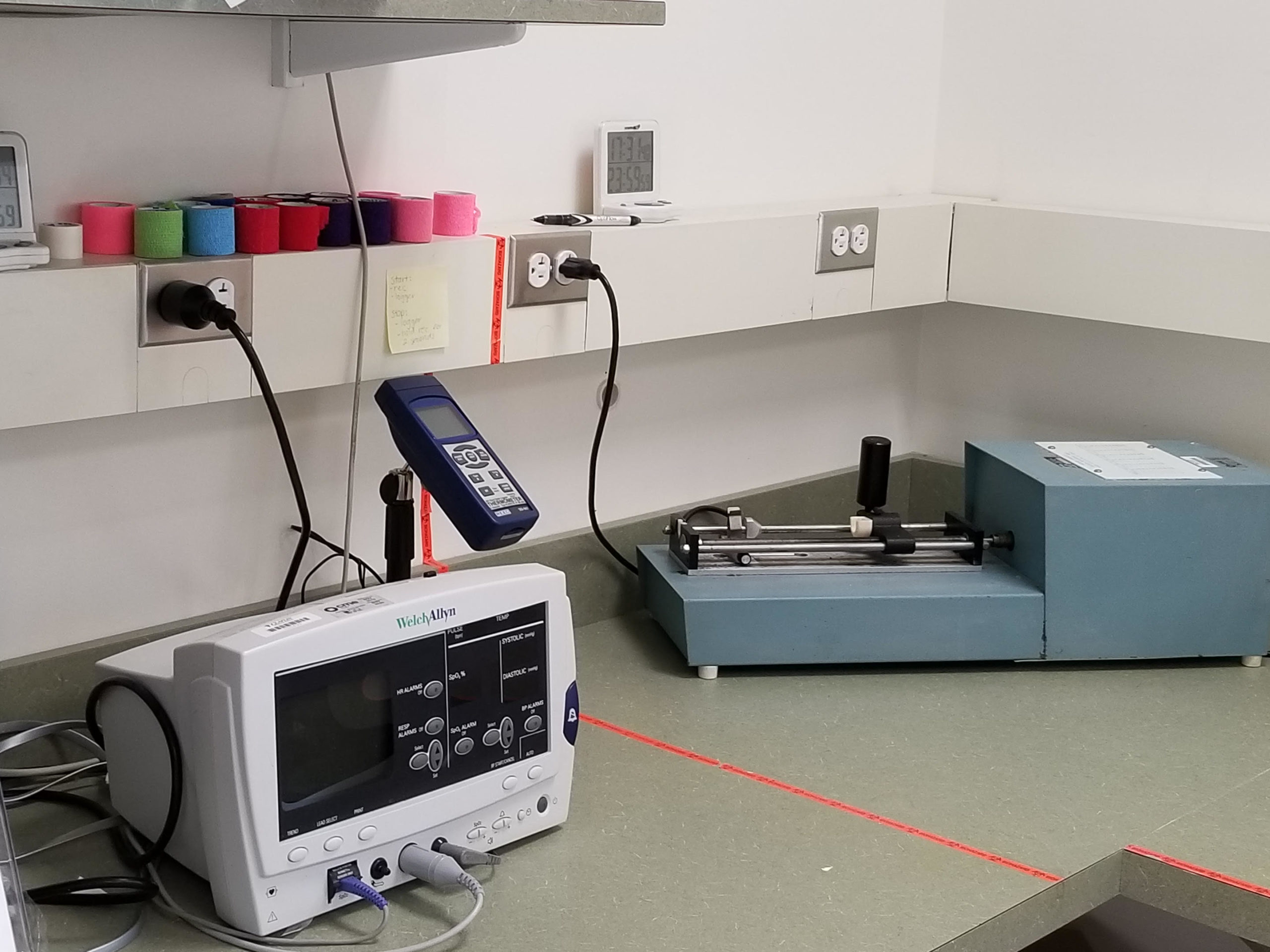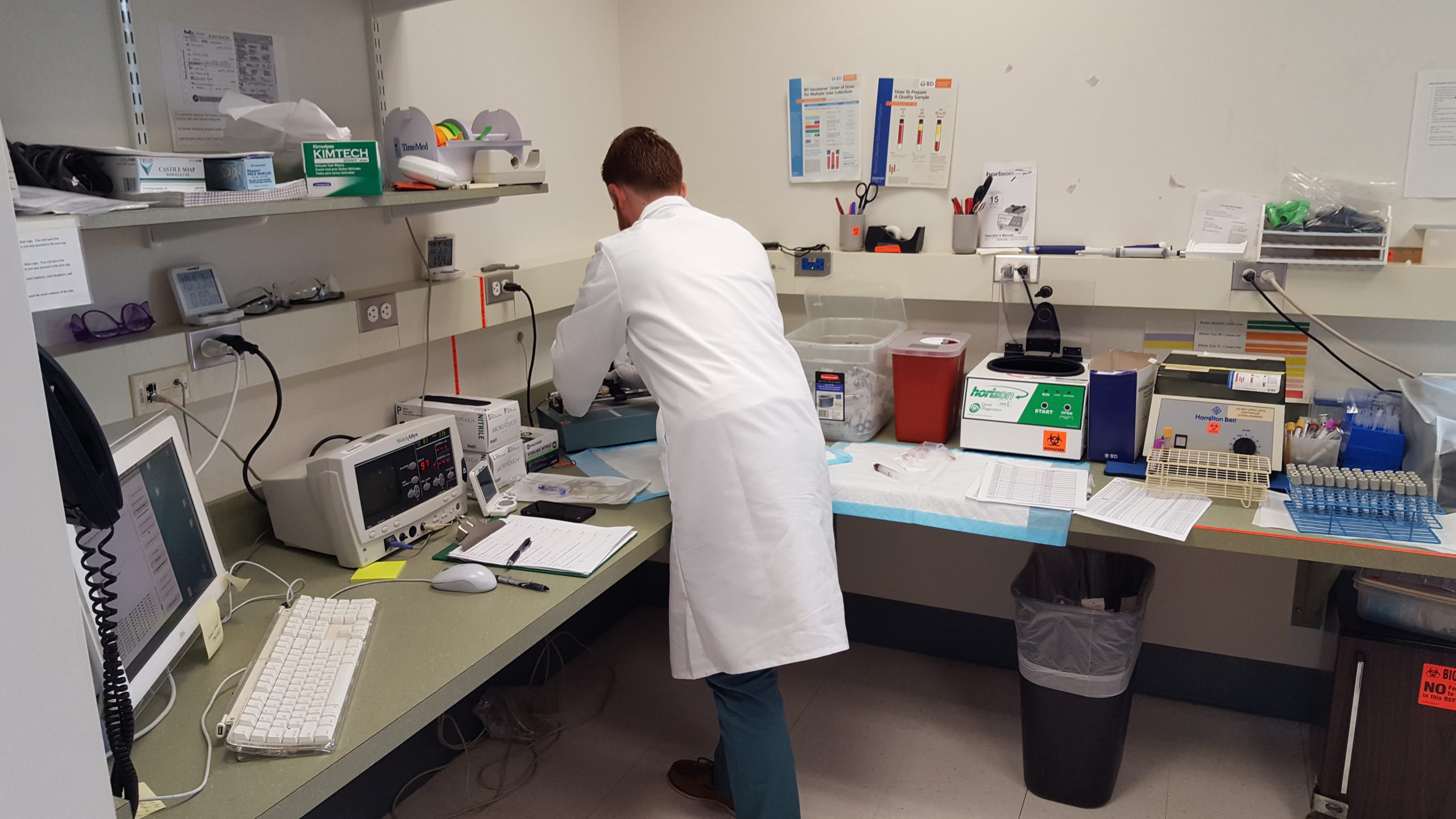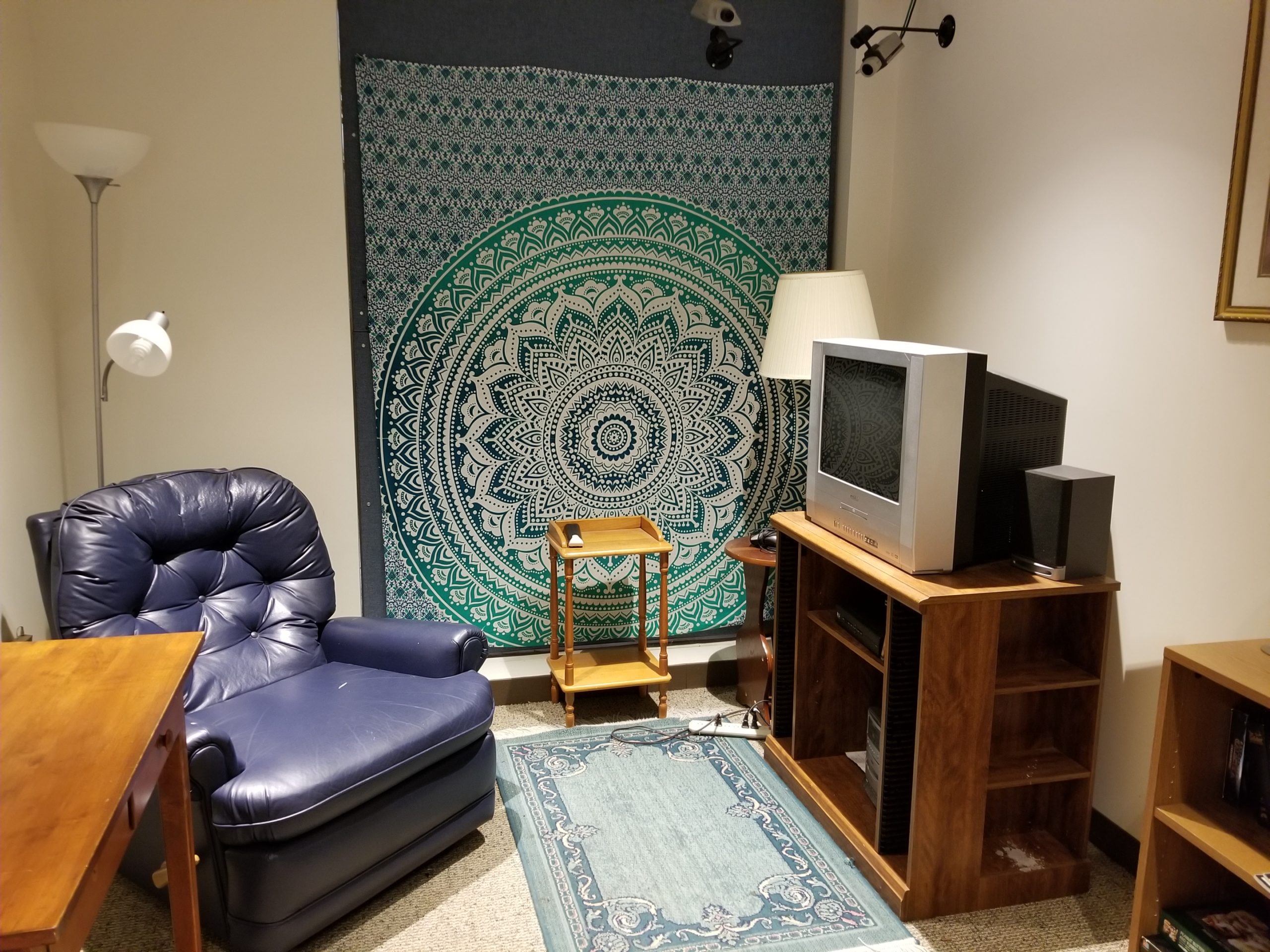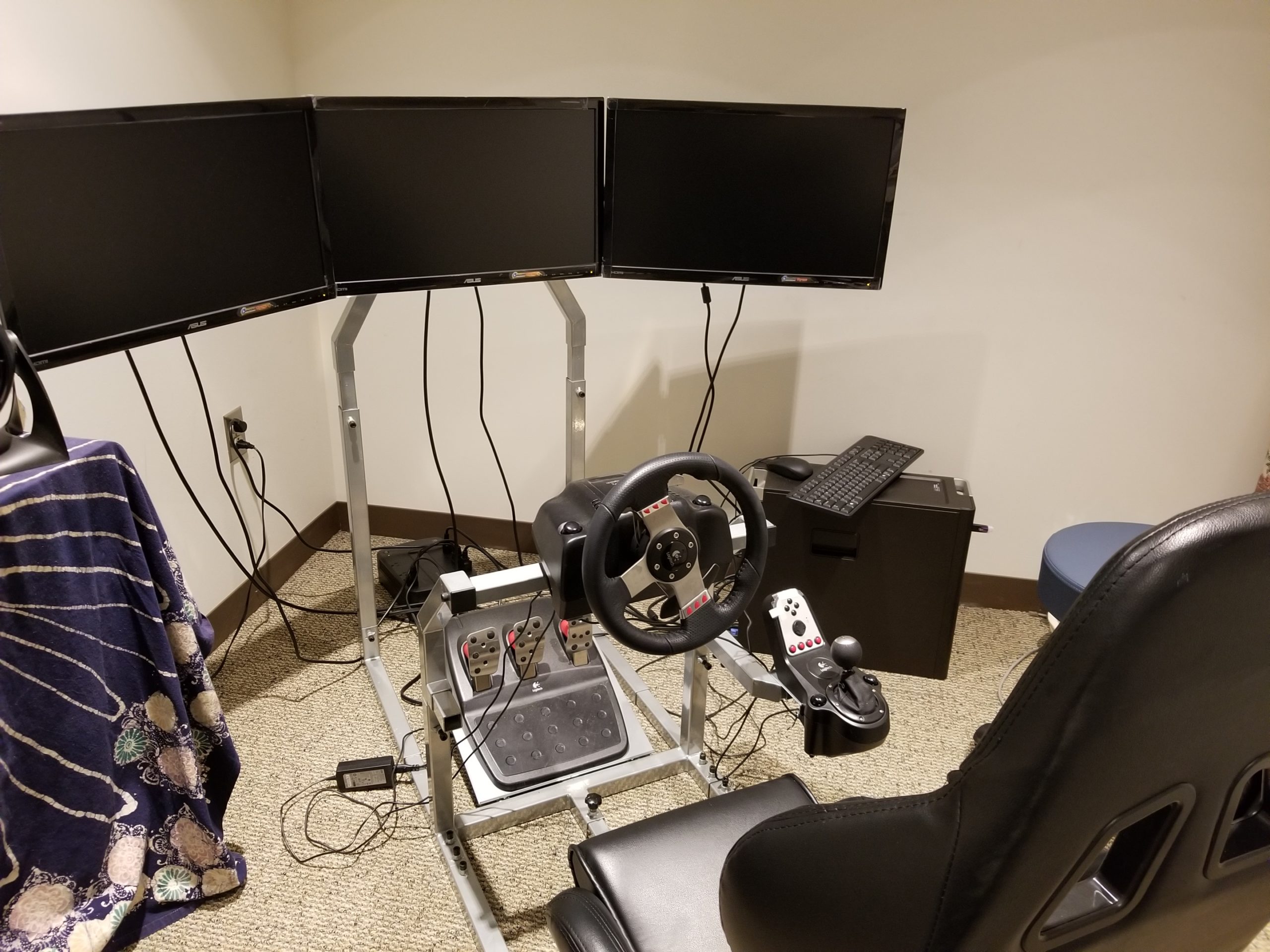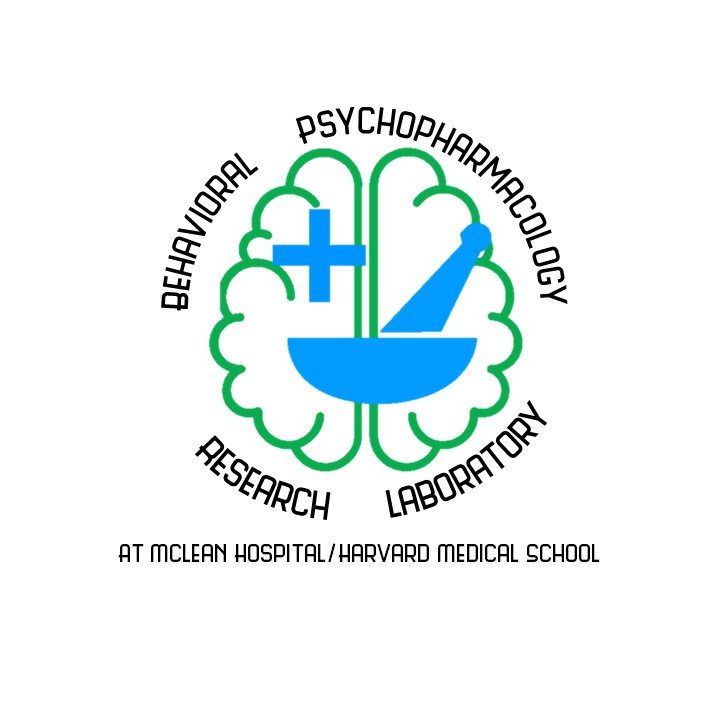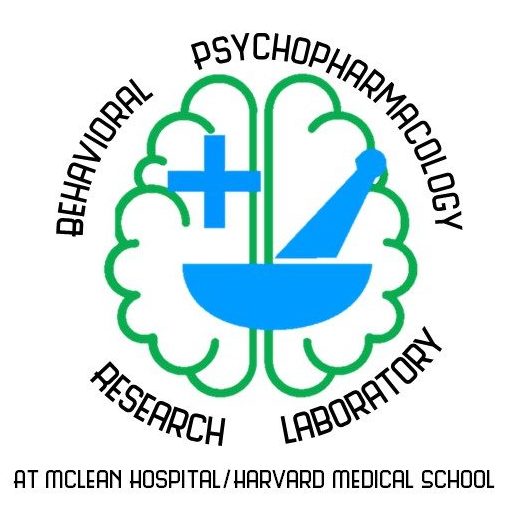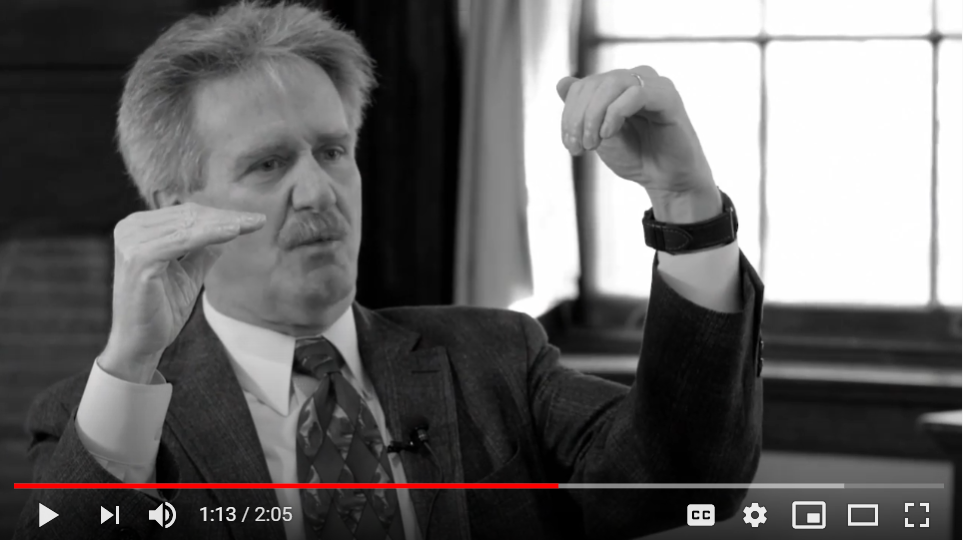ABOUT THE BEHAVIORAL PSYCHOPHARMACOLOGY RESEARCH LABORATORY (BPRL)
McLean Hospital/ Harvard Medical School
The BPRL was established by Dr. Lukas in 1995 as a free-standing clinical research laboratory dedicated to the study of how psychoactive drugs affect the brain and behavior, pharmacokinetic profiles and developing novel treatments for those who have a substance use disorder.
Since 1982 Dr. Lukas has been conducting both laboratory studies and randomized clinical trials of drug and alcohol abuse, sleep disorders and psychiatric disorders using a variety of imaging modalities (EEG/ERP, Sleep, MRI, fMRI, MRS, PET). These techniques are used to quantify the changes in brain function that parallel altered states of consciousness, sleep, performance, mood states, and reinforcement after psychoactive drug administration or presentation of drug-related cues. Over the years the laboratory has engaged in research using alternative practices such as electroacupuncture, CES and botanical/herbal preparations.
A major area of research has been to study the reinforcing effects of various drugs of abuse including marihuana, alcohol, cocaine, sedative/hypnotics and nicotine as well as their interactions and developing medications to treat drug and alcohol abuse/dependence. Many of the studies involved exploring the effects of how the combination of two different drugs of abuse interact to produce subjective and physiologic responses and the role that pharmacokinetics plays in these relationships. A variety of drugs have been tested including benztropine, citicoline, quetiapine, and nicotine transdermal patch for their effects on cocaine reinforcement; the quetiapine trial was conducted with NIDA and involved i.v. cocaine challenges. Many of these studies involved administering psychoactive drugs (Dr. Lukas holds both DEA Schedule I and Schedules II-V Controlled Substance licenses) to human volunteers as well as assessing the effects of cue exposure using EEG and MRI. Dr. Lukas has been the PI or Co-PI of 21 industry sponsored clinical trials testing novel medications or devices and two-dozen NIDA and NIAAA funded R01, R21 and R03 grants. He also has been studying a Japanese/Chinese herbal extract of the kudzu plant for 2 decades and just completed a STTR Phase II award to commercialize it as a treatment for alcohol abuse (it is marketed as Alkontrol-herbal).
More recently, he has been the Principal Investigator of projects aimed at developing and testing novel devices to passively detect alcohol on the breath and through the skin. One of these devices is via a collaboration with KEA Technologies and is planned to be incorporated into private automobiles in a NHTSA sponsored effort to reduce the incidence of drunk driving (Click below to visit the DADSS site). He is also part of an initiative to develop a rapid breathalyzer for THC and opiates like fentanyl. Dr. Lukas held a NIDA K02 Award for 10 years and a NIDA K05 Award for 12 years. As the Director of three Centers/laboratories, Dr. Lukas is in the unique position to conceive and carry out a wide range of research protocols that address basic and applied questions regarding the neurobiology of drug of abuse.
